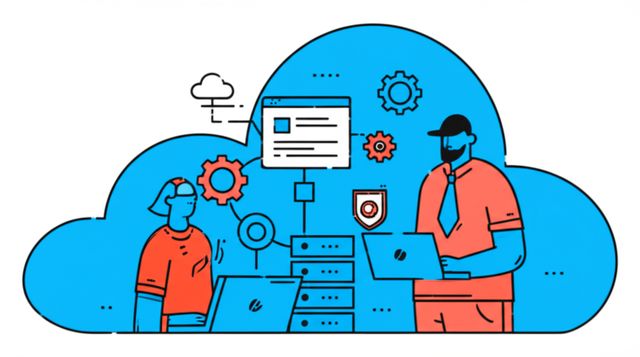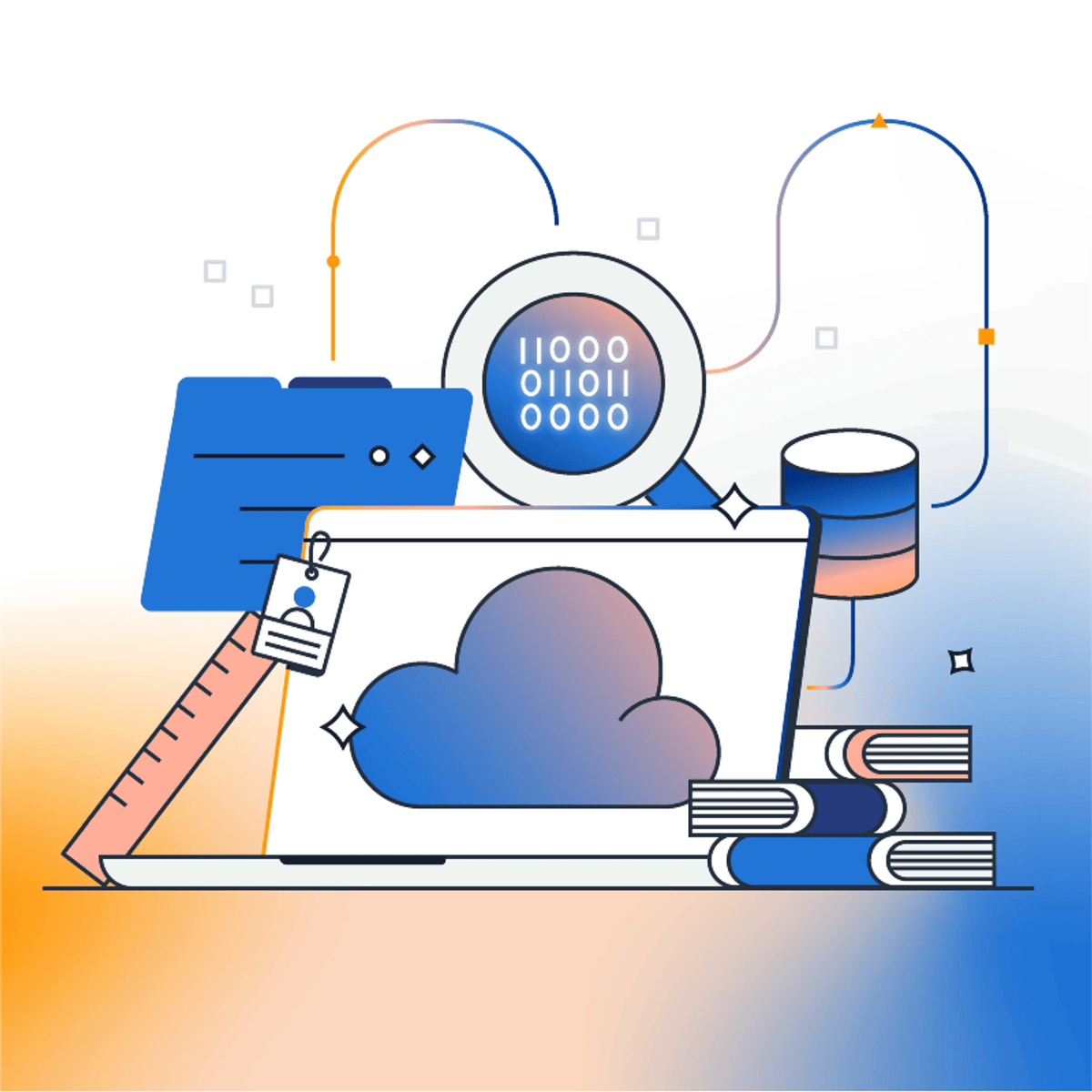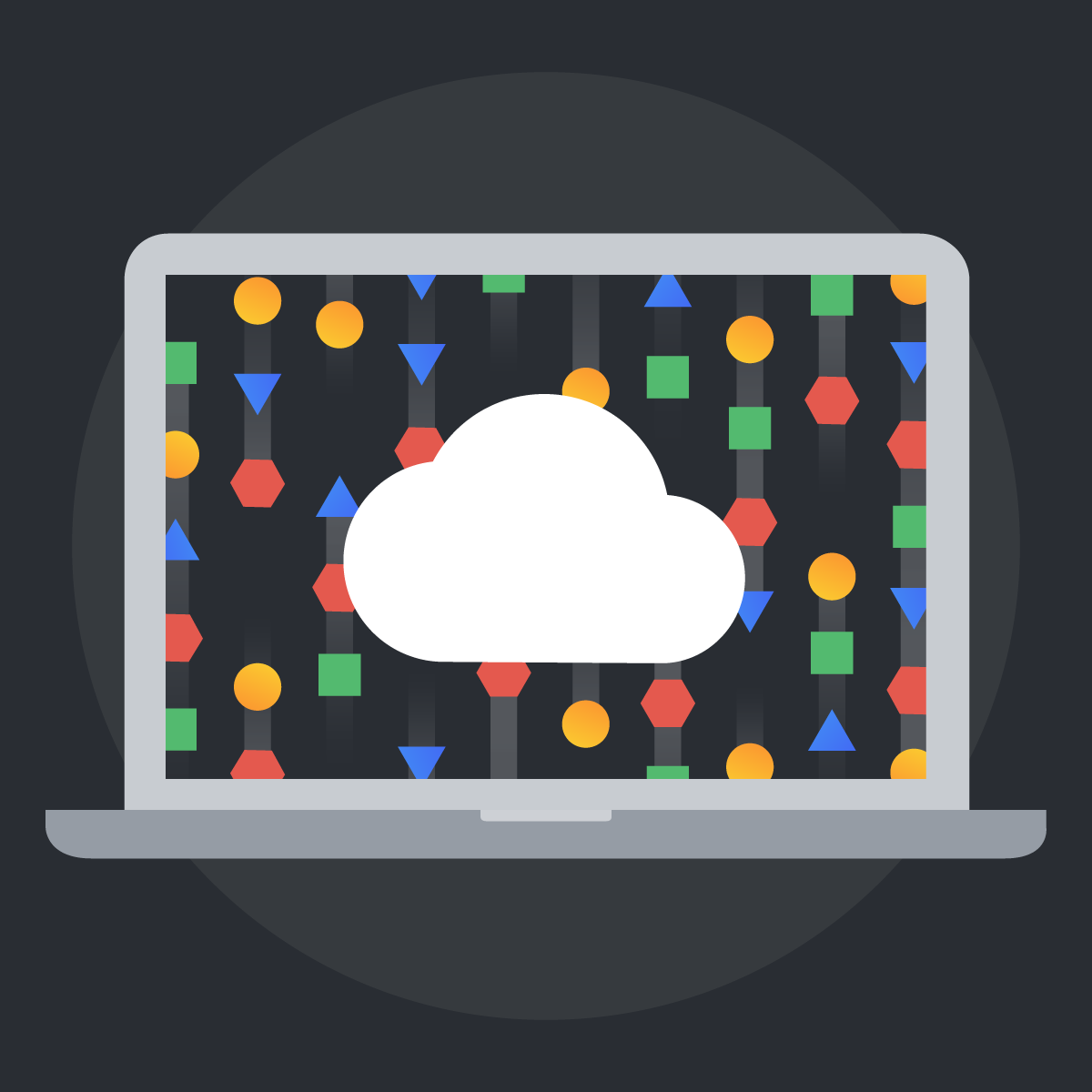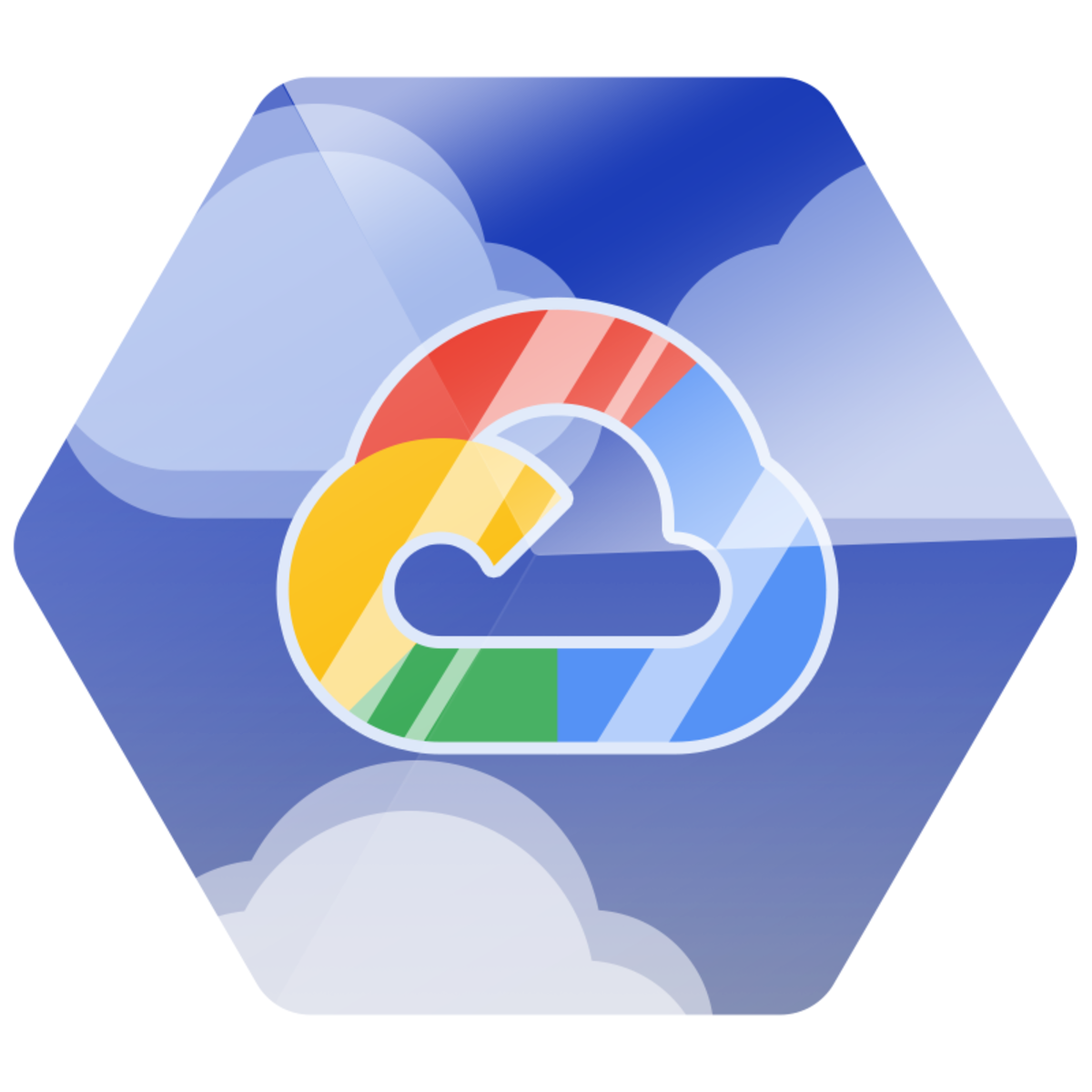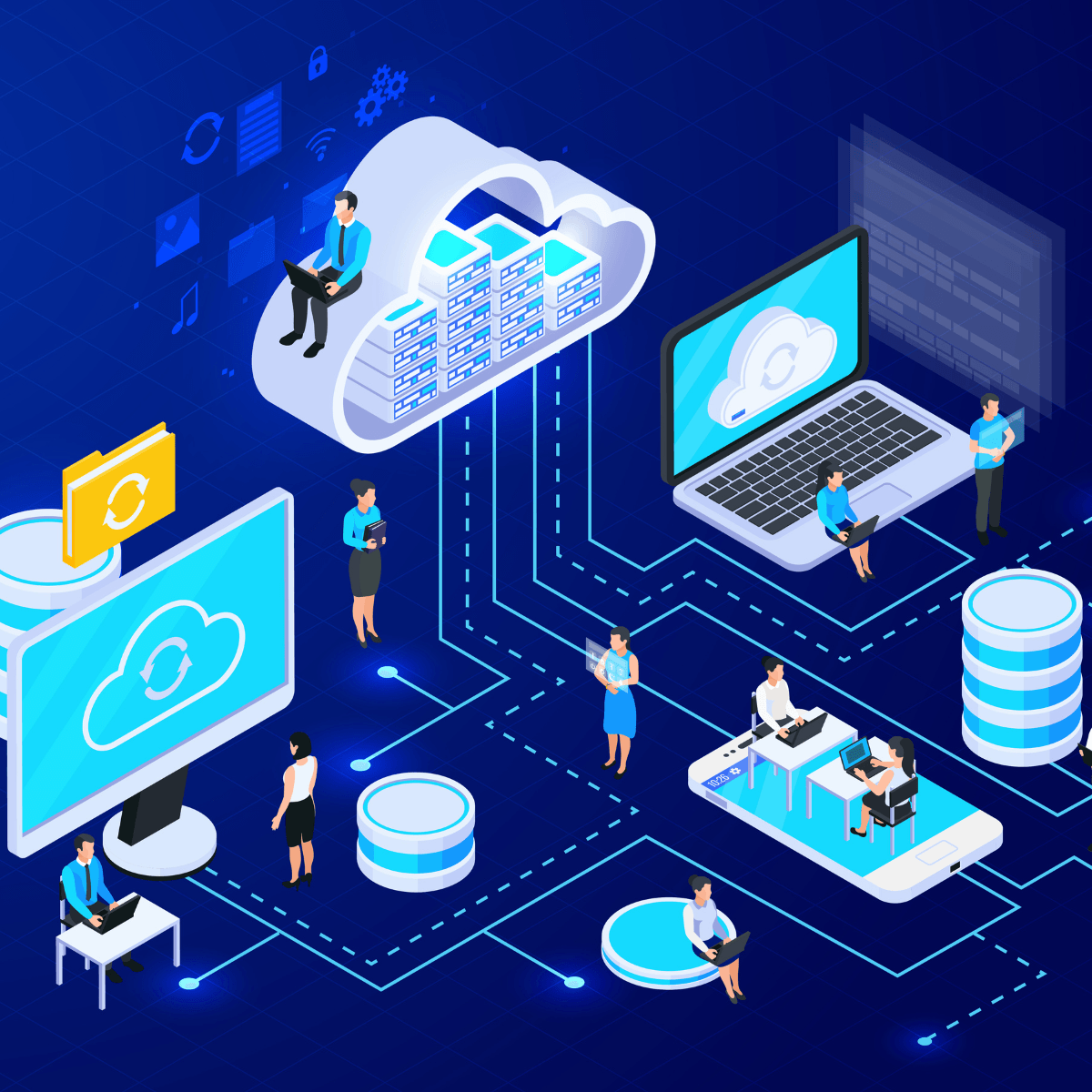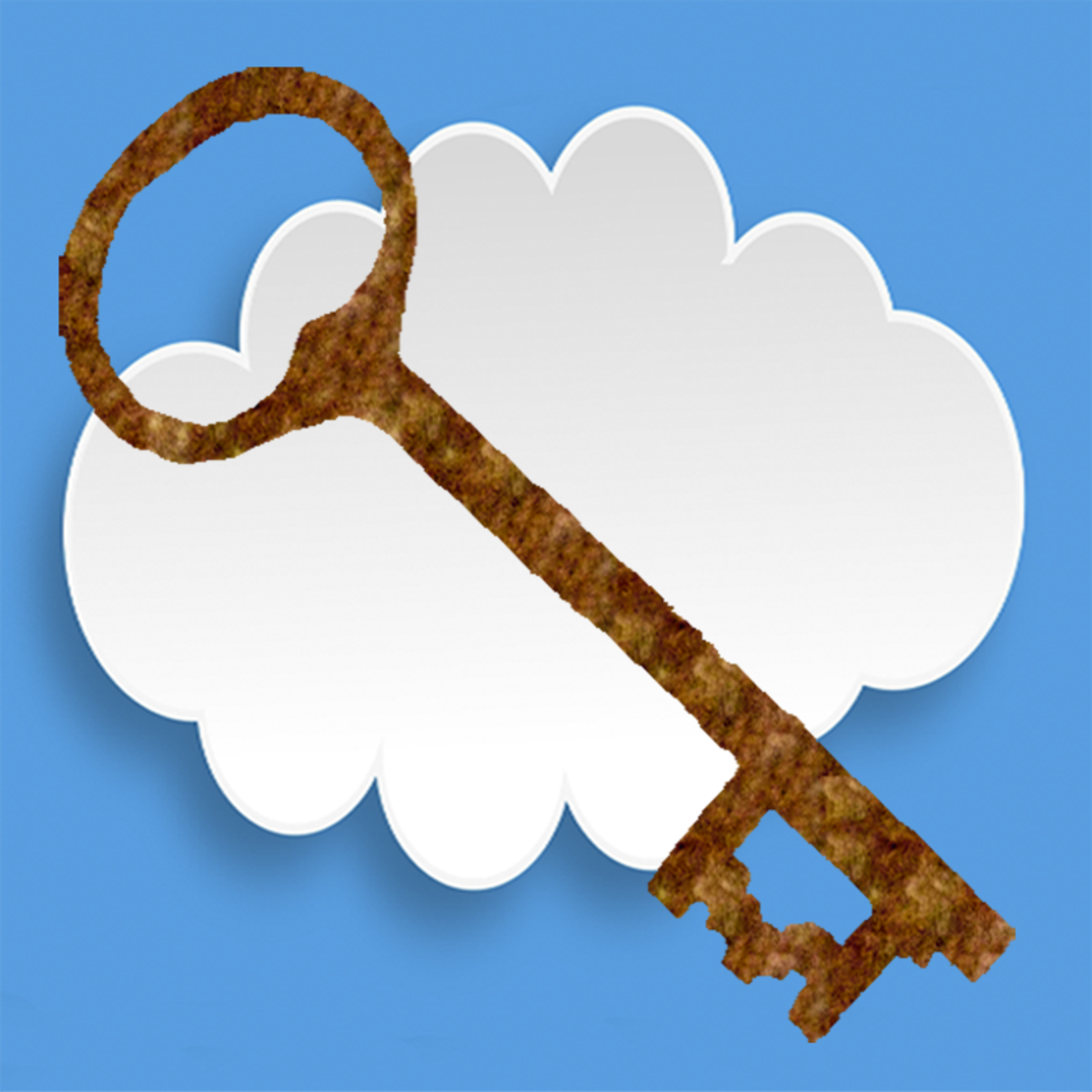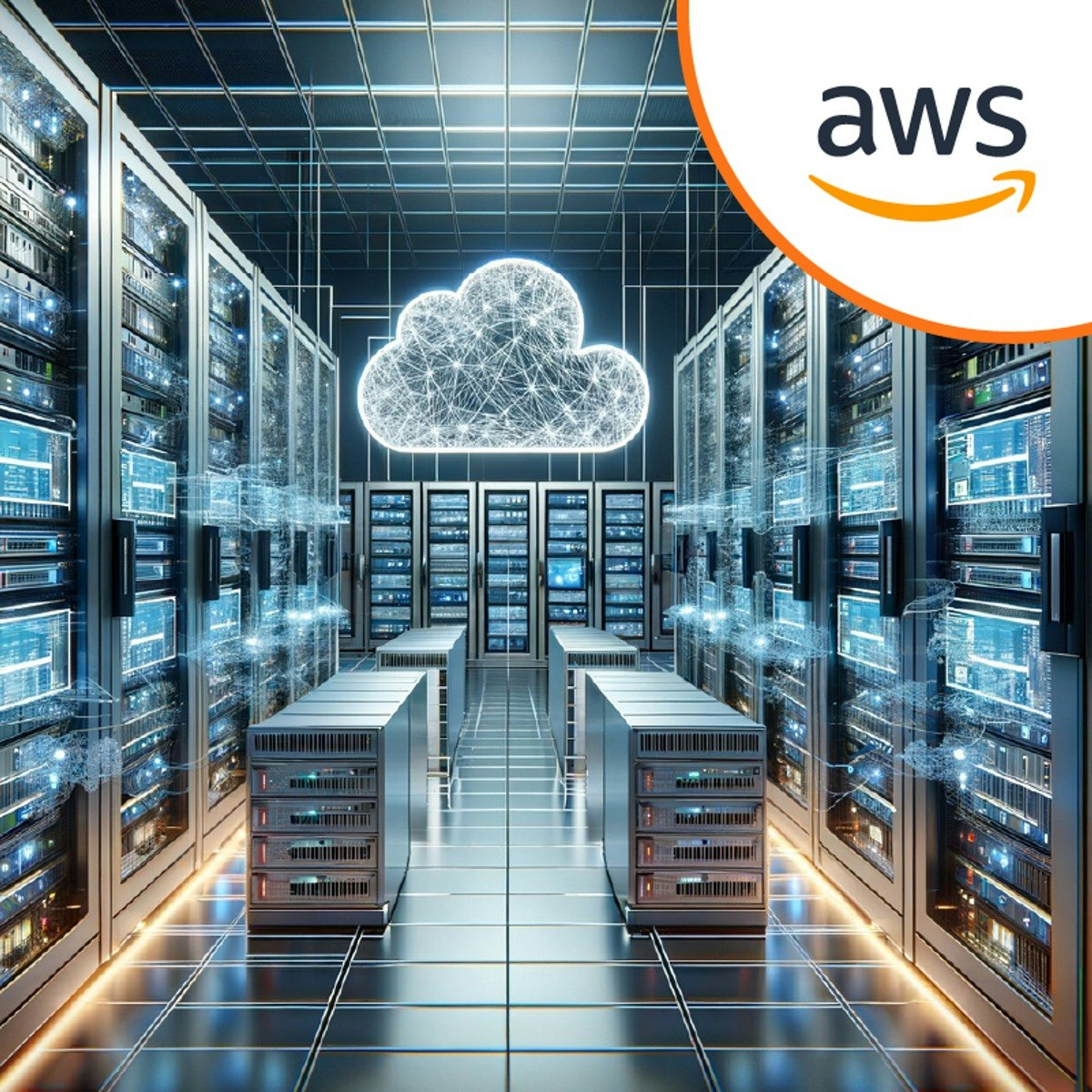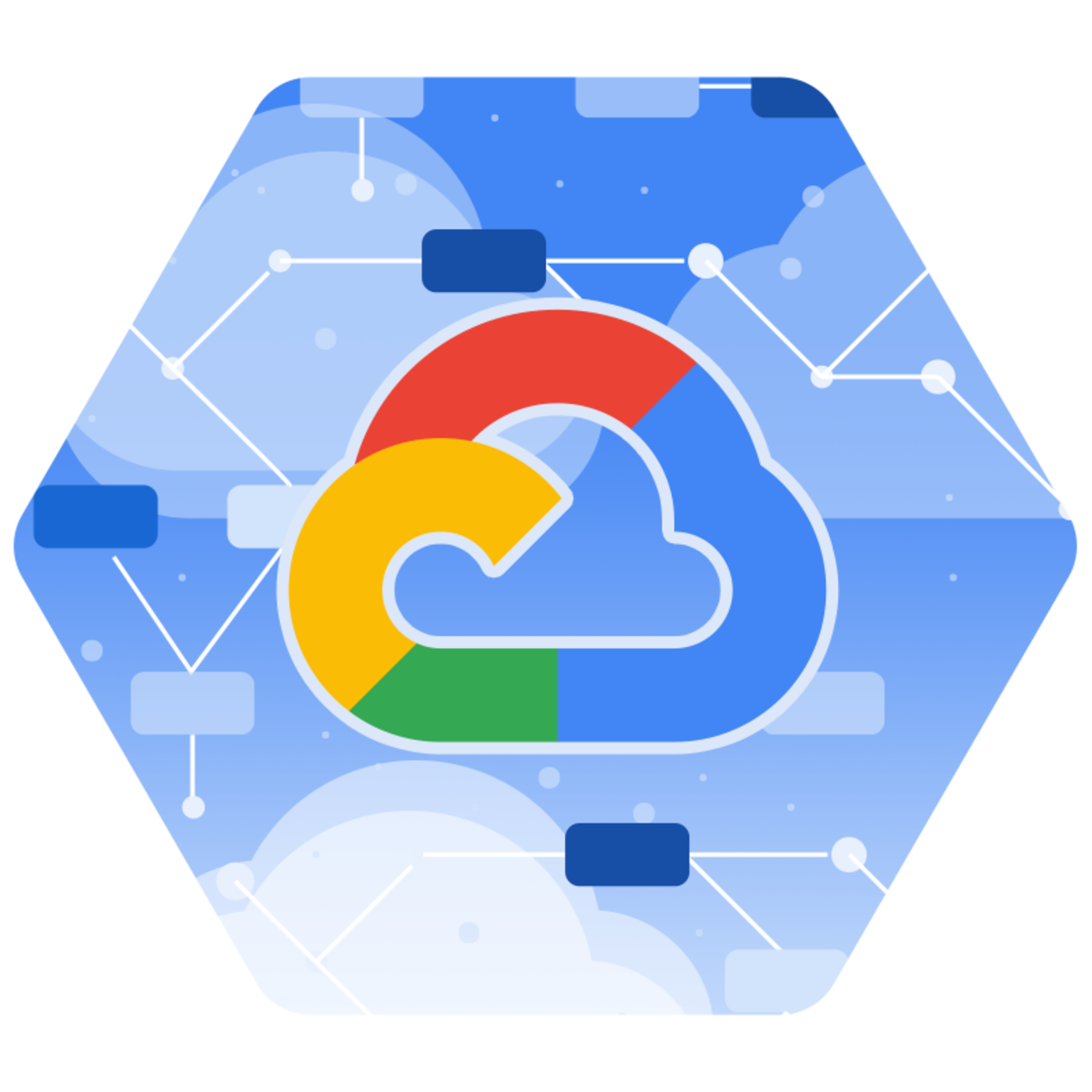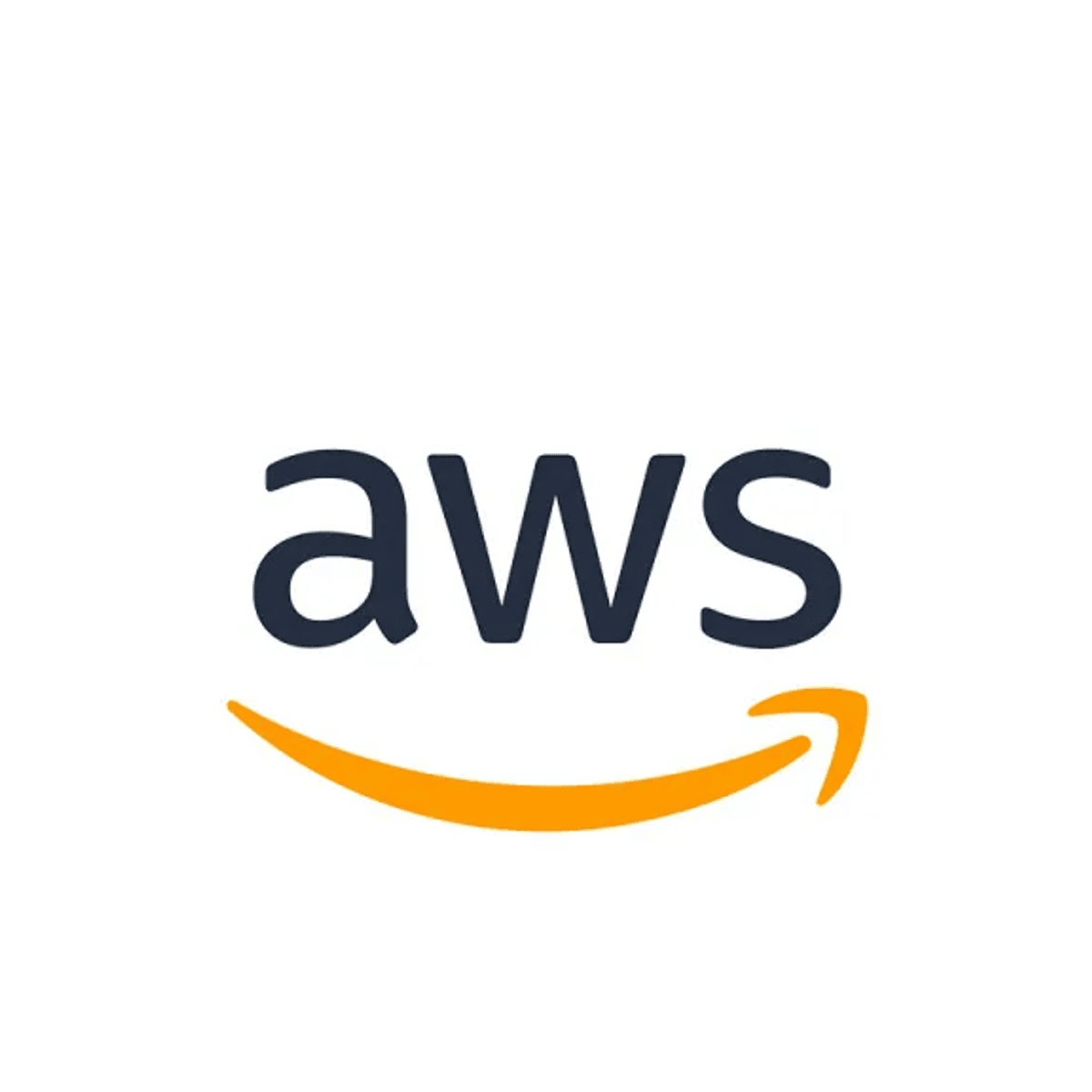Cloud Engineer
Cloud Engineer: Building the Future in the Cloud
A Cloud Engineer is a technology professional responsible for designing, implementing, managing, and maintaining an organization's cloud computing infrastructure. Think of them as the architects and builders of the digital world that exists not on a single computer, but across vast networks of servers known as "the cloud." They ensure that applications and data are accessible, secure, and performant, leveraging services from major cloud providers like Amazon Web Services (AWS), Microsoft Azure, and Google Cloud Platform (GCP).
Working as a Cloud Engineer can be incredibly engaging. You'll often find yourself solving complex technical puzzles, designing resilient systems that can handle massive scale, and automating tasks to make infrastructure management more efficient. It's a field where continuous learning is paramount, as the technology evolves rapidly, offering constant opportunities to master new tools and techniques. The direct impact you can have on an organization's ability to innovate and operate smoothly makes this a highly rewarding career path.
Introduction to Cloud Engineering
This section introduces the fundamental concepts of cloud engineering, providing a baseline understanding for anyone curious about the field.
What is Cloud Engineering?
Cloud engineering involves applying engineering principles to cloud computing environments. It encompasses the technical aspects of planning, designing, building, deploying, securing, and managing applications and infrastructure on cloud platforms. Unlike traditional IT roles often focused on physical servers and networks within a company's own data center, cloud engineers work with virtualized resources provided by third-party companies.
The core goal is to leverage the cloud's benefits – scalability, flexibility, cost-efficiency, and global reach – to meet business objectives. Cloud engineers build the systems that power everything from simple websites to complex machine learning applications, ensuring they run smoothly and reliably for users worldwide.
They are crucial players in today's digital landscape, enabling businesses to innovate faster, scale services on demand, and optimize their IT operations. Without cloud engineers, the seamless online experiences we often take for granted wouldn't be possible.
These introductory courses provide a solid overview of cloud computing concepts and the major platforms you'll likely encounter.
Cloud vs. Traditional IT
Traditional IT typically involves managing physical hardware located on-premises. This means buying servers, maintaining network equipment, managing data centers, and dealing with capacity planning manually. Upgrades require physical installations, and scaling often involves lengthy procurement processes.
Cloud engineering shifts this paradigm. Instead of managing physical hardware, engineers manage virtual resources through software interfaces and APIs provided by cloud vendors. Scaling resources up or down can often be done automatically or with a few clicks, providing immense flexibility. Responsibility for maintaining the underlying physical infrastructure rests with the cloud provider.
This difference necessitates a shift in mindset and skills. Cloud engineers focus more on automation, infrastructure-as-code, security in a distributed environment, and cost optimization within a pay-as-you-go model, rather than physical hardware maintenance and manual configuration.
Understanding Cloud Service Models (IaaS, PaaS, SaaS)
Cloud services are typically categorized into three main models, representing different levels of abstraction and management:
Infrastructure as a Service (IaaS): This provides the fundamental building blocks – virtual machines, storage, and networks. The user manages the operating system, middleware, and applications, while the provider manages the underlying infrastructure. Think of it like leasing the raw land and utilities; you build the house yourself. Cloud Computing courses often start here.
Platform as a Service (PaaS): This offers a platform for developing, running, and managing applications without the complexity of managing the infrastructure. The provider manages the OS, middleware, and runtime, while the user focuses on their application code and data. This is like renting a workshop with tools provided; you focus on building your product.
Software as a Service (SaaS): This delivers complete software applications over the internet, on a subscription basis. Users simply access the software via a web browser or mobile app, with the provider managing everything – infrastructure, platform, and application software. Examples include email services like Gmail or CRM software like Salesforce. This is like subscribing to a finished service.
Cloud engineers primarily work with IaaS and PaaS, building and managing the environments where applications run. Understanding these models is crucial for choosing the right services for a specific need.
The Importance of Cloud in Digital Transformation
Cloud computing is a cornerstone of digital transformation – the process by which organizations modernize their operations, culture, and customer experiences using digital technologies. The cloud provides the agility, scalability, and innovation platform necessary for businesses to adapt and thrive in the modern digital economy.
By migrating to the cloud, companies can reduce upfront capital expenditure on hardware, experiment rapidly with new ideas, leverage advanced services like AI and big data analytics, and reach global audiences more easily. Cloud engineers are the key enablers of this transformation, building the infrastructure that supports these initiatives.
The ability to deploy resources quickly, automate operations, and pay only for what is used allows businesses to respond faster to market changes and customer demands. This makes cloud engineering a critical function for competitiveness and growth in nearly every industry.
These resources explore the strategic role of the cloud in business.
Roles and Responsibilities
Understanding the typical duties of a Cloud Engineer helps clarify what the job entails on a practical level.
Day-to-Day Tasks
A Cloud Engineer's daily routine often involves a mix of design, deployment, and maintenance tasks. They might spend time designing new cloud environments, considering factors like cost, performance, security, and reliability. This could involve selecting appropriate cloud services (like virtual machines, databases, or serverless functions) and configuring network topologies.
Deployment is another key activity. Using tools like Terraform or AWS CloudFormation, engineers automate the process of setting up infrastructure (Infrastructure-as-Code). They also deploy applications onto this infrastructure, often working closely with development teams.
Maintenance involves monitoring system performance and health using tools like CloudWatch or Datadog, troubleshooting issues, applying patches and updates, and ensuring backups are functioning correctly. Optimizing existing setups for cost or performance is also a continuous task.
Collaboration is Key
Cloud Engineers rarely work in isolation. They are often part of larger teams and collaborate closely with various other roles. A significant partnership exists with DevOps engineers, focusing on automating the software delivery pipeline (CI/CD) and ensuring smooth integration between development and operations.
Collaboration with security teams is also critical. Cloud engineers implement security best practices, configure firewalls and access controls, and work with security specialists to ensure the cloud environment meets compliance standards and is protected against threats.
They also interact with software developers to understand application requirements, network engineers for connectivity issues, and sometimes data engineers or database administrators regarding data storage and processing needs. Effective communication and teamwork are essential skills.
Cost Optimization and Resource Management
A major responsibility for cloud engineers is managing cloud spending. Since most cloud services operate on a pay-as-you-go model, inefficient configurations or unused resources can quickly lead to high bills. Engineers continuously monitor resource utilization and costs.
They employ various strategies for optimization, such as choosing the right pricing models (e.g., reserved instances vs. on-demand), right-sizing virtual machines to match workload demands, implementing auto-scaling to adjust resources dynamically, and identifying and shutting down idle resources.
Effective resource management also involves tagging resources for cost allocation, setting budgets and alerts, and using cloud provider tools or third-party platforms to analyze spending patterns. This financial stewardship is a crucial aspect of the role.
Disaster Recovery and Business Continuity
Ensuring business continuity in the face of failures or disasters is another vital responsibility. Cloud engineers design and implement strategies to minimize downtime and data loss. This involves setting up regular backups for data and configurations.
They design for high availability by deploying applications across multiple availability zones (physically distinct data centers within a region) or even across different geographic regions. This ensures that if one location experiences an outage, the application can continue running elsewhere.
Disaster recovery planning involves defining procedures for restoring services after a major incident, testing these procedures regularly (e.g., through simulated failovers), and documenting the recovery process. Cloud platforms offer various tools and services to facilitate these efforts, but the engineer is responsible for architecting and managing the solution.
Technical Skills Required
Developing a strong technical foundation is essential for becoming a successful Cloud Engineer. This involves mastering specific platforms, tools, and concepts.
Core Cloud Platforms (AWS, Azure, GCP)
Proficiency in at least one major cloud platform is fundamental. Amazon Web Services (AWS), Microsoft Azure, and Google Cloud Platform (GCP) are the dominant players. Each offers a vast array of services for compute, storage, networking, databases, machine learning, and more.
Engineers need to understand the core services of their chosen platform(s), such as EC2/VMs, S3/Blob Storage, VPC/VNet, RDS/SQL Database, Lambda/Functions, etc. They must know how to configure, manage, and secure these services effectively. While deep expertise in one platform is common, familiarity with multiple clouds (multi-cloud) is increasingly valuable.
Getting hands-on experience through labs and projects is crucial. Many platforms offer free tiers or credits for learning purposes.
These courses provide introductions and hands-on practice with major cloud platforms.
Infrastructure-as-Code (IaC)
Infrastructure-as-Code (IaC) is the practice of managing and provisioning infrastructure through code and automation, rather than manual processes. Tools like Terraform, AWS CloudFormation, Azure Resource Manager (ARM) templates, or Google Cloud Deployment Manager allow engineers to define infrastructure configurations in text files.
This approach enables version control, repeatability, and automated deployment of infrastructure, making it faster, more reliable, and less error-prone. Proficiency in at least one IaC tool is a standard requirement for Cloud Engineers. Understanding the declarative syntax and workflow of these tools is key.
These courses introduce popular IaC tools and concepts.
Containerization and Orchestration
Docker has revolutionized how applications are packaged and deployed by using containers – lightweight, standalone, executable packages that include everything needed to run a piece of software. Cloud Engineers often work with containerized applications.
Managing containers at scale requires orchestration tools like Kubernetes (K8s), Amazon ECS, or Azure Kubernetes Service (AKS). These tools automate the deployment, scaling, and management of containerized applications. Understanding container concepts, Docker commands, and Kubernetes architecture (pods, services, deployments) is crucial.
Online courses provide excellent introductions to Docker and Kubernetes fundamentals.
Networking and Security Fundamentals
While cloud providers manage the physical network, Cloud Engineers must understand networking concepts to design and secure cloud environments. This includes knowledge of IP addressing, subnets, routing, firewalls, VPNs, load balancing, and DNS.
Security is paramount in the cloud. Engineers need a strong grasp of security principles, including identity and access management (IAM), encryption, network security groups, vulnerability management, and compliance frameworks. Understanding how to implement security controls within the cloud platform is essential.
Monitoring, Logging, and Operating Systems
To ensure systems are running correctly and to troubleshoot issues, Cloud Engineers rely heavily on monitoring and logging. They use tools like AWS CloudWatch, Azure Monitor, Google Cloud Operations Suite, or third-party solutions like Datadog or Splunk to track performance metrics, collect logs, and set up alerts.
A solid understanding of operating systems, particularly Linux, is also fundamental. Much of the cloud runs on Linux, and engineers frequently interact with Linux servers via the command line for configuration, troubleshooting, and scripting.
Familiarity with scripting languages like Bash, Python, or PowerShell is also highly beneficial for automating tasks.
Formal Education Pathways
While not the only route, formal education provides a structured path into cloud engineering, often laying a strong theoretical foundation.
Relevant Undergraduate Degrees
A bachelor's degree in Computer Science, Information Technology (IT), Software Engineering, or a related field is a common starting point for many Cloud Engineers. These programs typically provide essential knowledge in areas like operating systems, computer networks, databases, programming, and algorithms.
While a specific "Cloud Engineering" degree is less common at the undergraduate level, many computer science or IT programs now incorporate cloud computing modules or allow for specialization in areas like distributed systems or network engineering, which are highly relevant.
These foundational computer science books are timeless resources.
Specialized Cloud Programs
As cloud computing has matured, universities and colleges are increasingly offering specialized postgraduate programs, graduate certificates, or concentrations focused specifically on cloud technologies. These programs dive deeper into cloud architecture, security, deployment models, and platform-specific services.
These specialized programs can be beneficial for those seeking focused, in-depth knowledge beyond a general computer science degree or for professionals looking to transition into the cloud domain with formal credentials.
Online platforms also offer structured learning paths and specializations that mimic these focused programs, often in partnership with universities or cloud providers themselves. OpenCourser's catalog features many such programs.
Certifications vs. Traditional Degrees
In the tech industry, and particularly in cloud engineering, industry certifications hold significant weight, sometimes even rivaling traditional degrees for specific roles. Certifications from major cloud providers (like AWS Certified Solutions Architect, Azure Administrator Associate, Google Cloud Certified - Associate Cloud Engineer) validate practical skills on their platforms.
A degree often provides broader theoretical knowledge and problem-solving skills, while certifications demonstrate specific, hands-on platform expertise. Many successful Cloud Engineers possess a combination of both. For career changers or those without a relevant degree, certifications can be a powerful way to demonstrate competence and break into the field.
Many online courses are specifically designed to prepare learners for these certification exams.
Research Opportunities
For those pursuing advanced degrees (Master's or Ph.D.) in Computer Science or related fields, research opportunities in areas relevant to cloud engineering exist. Topics like distributed systems, virtualization, network protocols, cloud security, resource management algorithms, and performance optimization are active areas of academic research.
Engaging in research can provide a deep understanding of the underlying principles that power cloud technologies. While not a direct path to most industry Cloud Engineer roles, it can lead to specialized positions in research labs, academia, or advanced R&D roles within cloud providers or large tech companies.
Alternative Learning Paths
Formal education isn't the only way into cloud engineering. Many successful professionals are self-taught or transitioned from other IT roles, leveraging online resources and hands-on experience.
Online Courses and Self-Study
The internet offers a wealth of resources for learning cloud engineering. Online course platforms provide structured courses covering everything from cloud fundamentals to specific platform services, containerization, IaC, and certifications. Many courses include hands-on labs run directly in cloud environments.
Self-study involves using documentation, tutorials, blogs, and forums provided by cloud vendors and the wider tech community. This requires discipline and self-direction but allows for flexible, targeted learning. OpenCourser's Learner's Guide offers strategies for effective self-learning.
Online courses are highly suitable for building foundational knowledge and practical skills. They allow learners to acquire specific competencies at their own pace, often directly applicable to job requirements. Combining online courses with hands-on projects is a powerful learning strategy.
These courses are great starting points for learning specific platforms or tools.
Building Home Lab Environments
Creating a personal lab environment is an excellent way to gain practical experience without incurring significant costs. Using the free tiers offered by AWS, Azure, and GCP, you can experiment with various services, build small projects, and practice configurations.
You can also set up local environments using tools like Docker Desktop, Minikube (for Kubernetes), or virtualization software like VirtualBox to simulate cloud components on your own computer. This allows for offline practice and deeper exploration of underlying technologies.
Building projects, even small ones, in a lab environment reinforces learning and provides tangible evidence of your skills for potential employers. Documenting your projects on platforms like GitHub is highly recommended.
Contributing to Open Source Projects
Engaging with the open-source community offers valuable learning opportunities and networking possibilities. Many cloud-native tools (like Kubernetes, Terraform, Prometheus) are open source. Contributing code, documentation, or even participating in discussions can deepen your understanding of these technologies.
Working on open-source projects exposes you to real-world codebases, collaborative workflows (like pull requests and code reviews), and industry best practices. It's also a way to build a public profile and demonstrate your skills to potential employers.
Look for projects related to cloud infrastructure, automation, or monitoring on platforms like GitHub. Start small by fixing bugs, improving documentation, or adding minor features.
Transitioning from Adjacent Roles
Many Cloud Engineers transition from related IT roles like System Administration, Network Engineering, or Software Development. These roles often provide foundational skills that are transferable to the cloud.
System administrators bring knowledge of operating systems, scripting, and infrastructure management. Network engineers understand networking principles crucial for cloud connectivity and security. Software developers understand application architecture and deployment processes. Leveraging this existing expertise while learning cloud-specific tools and platforms can create a smoother transition path.
If you're considering a pivot, focus on identifying skill gaps and using online courses, certifications, and hands-on projects to bridge them. Emphasize your transferable skills during job applications and interviews. This transition takes effort, but it's a well-trodden and achievable path for many motivated individuals.
Career Progression
A career in cloud engineering offers various paths for growth and specialization as you gain experience.
Entry-Level Positions
Starting points in cloud engineering often include roles like Cloud Support Engineer, Junior Cloud Engineer, or sometimes IT support roles with cloud responsibilities. These positions typically involve monitoring systems, responding to alerts, performing routine maintenance tasks, and assisting senior engineers.
These roles provide essential hands-on experience with cloud platforms and operational practices. They are a stepping stone to understanding how cloud infrastructure works in a real-world production environment.
Focusing on fundamental platform knowledge, troubleshooting skills, and obtaining entry-level certifications (like AWS Cloud Practitioner or Azure Fundamentals) can help secure these initial positions.
Mid-Career Specialization
As Cloud Engineers gain experience, they often specialize in specific areas. Common specializations include:
Cloud Security Engineer: Focusing on securing cloud environments, implementing security controls, managing identity and access, and ensuring compliance.
Cloud Network Engineer: Specializing in designing, implementing, and managing complex cloud network architectures, including hybrid connectivity.
Cloud Automation/DevOps Engineer: Concentrating on Infrastructure-as-Code, CI/CD pipelines, and automating operational tasks.
Cloud Database Administrator: Focusing on managing and optimizing cloud database services.
Cloud Architect: Moving towards higher-level design, planning cloud strategies, and making architectural decisions for complex systems.
These roles require deeper expertise in specific tools, technologies, and cloud services. Advanced certifications often align with these specializations.
Leadership and Management Roles
Experienced Cloud Engineers can progress into leadership positions. Roles like Lead Cloud Engineer, Cloud Team Lead, or Cloud Engineering Manager involve mentoring junior engineers, overseeing projects, managing team resources, and setting technical direction.
Further progression can lead to roles like Cloud Director or Head of Cloud Infrastructure, involving strategic planning, budget management, vendor relationships, and aligning cloud initiatives with overall business goals. These roles require strong technical expertise combined with leadership, communication, and strategic thinking skills.
Consulting and Freelance Opportunities
With significant experience and expertise, Cloud Engineers can pursue consulting or freelance careers. Cloud consultants advise organizations on cloud strategy, migration, architecture, security, and optimization. They may work independently or for consulting firms.
Freelancing offers flexibility, allowing engineers to work on diverse projects for various clients. Success in these roles requires not only strong technical skills but also business acumen, client management abilities, and self-marketing.
The high demand for cloud expertise makes consulting and freelancing viable options for seasoned professionals seeking autonomy and variety in their work.
This book provides insight into the DevOps culture often found in high-performing organizations, relevant for consultants.
Industry Trends Impacting Cloud Engineers
The cloud landscape is constantly evolving. Staying aware of major trends is crucial for career longevity and relevance.
Edge Computing and Hybrid Cloud
Edge computing involves processing data closer to where it's generated, rather than sending it all to a central cloud. This reduces latency and bandwidth usage, critical for applications like IoT, autonomous vehicles, and real-time analytics. Cloud providers are extending their services to the edge, requiring engineers to manage distributed infrastructure.
Hybrid cloud architectures combine private clouds (on-premises infrastructure) with public clouds (like AWS, Azure, GCP). Organizations use hybrid models for reasons like regulatory compliance, data sovereignty, or leveraging existing investments. Cloud engineers increasingly need skills to manage and integrate these mixed environments, using tools like Azure Arc or AWS Outposts.
AI/ML Integration
Artificial Intelligence (AI) and Machine Learning (ML) are becoming deeply integrated with cloud platforms. Cloud providers offer a wide range of AI/ML services, from pre-trained models for common tasks (like image recognition or natural language processing) to platforms for building, training, and deploying custom models (like SageMaker or Vertex AI).
Cloud Engineers are involved in provisioning and managing the infrastructure needed for AI/ML workloads, which often require specialized hardware (like GPUs) and large datasets. They may collaborate with data scientists and ML engineers to deploy and operationalize models (MLOps).
Sustainability in Cloud Infrastructure
Environmental sustainability is becoming a significant consideration in IT. Data centers consume vast amounts of energy. Cloud providers are increasingly focusing on renewable energy sources, efficient cooling, and hardware optimization to reduce their environmental impact.
Cloud engineers play a role by designing efficient architectures, optimizing resource utilization (which often correlates with energy consumption), and choosing cloud regions or services based on sustainability metrics provided by vendors. Awareness of sustainable practices and leveraging cloud provider tools for monitoring carbon footprint is becoming more important.
Major providers like Google Cloud, AWS, and Microsoft Azure publish sustainability reports and offer tools to help customers track their cloud carbon footprint. According to Gartner, sustainability is becoming a key priority for infrastructure leaders.
Market Growth and Geopolitics
The global cloud computing market continues to grow rapidly. According to reports from IDC, worldwide spending on cloud services consistently sees double-digit growth, indicating strong and sustained demand for cloud skills.
Geopolitical factors also influence the cloud landscape. Data sovereignty regulations (like GDPR in Europe) dictate where data can be stored and processed, affecting cloud region selection. Trade tensions or national security concerns can impact technology access and cross-border data flows. Cloud engineers, particularly those working for multinational companies, need to be aware of these factors when designing and deploying global infrastructure.
Challenges in Cloud Engineering
While rewarding, a career in cloud engineering also comes with its share of challenges that practitioners need to navigate.
Managing Multi-Cloud Complexity
Many organizations adopt a multi-cloud strategy, using services from more than one public cloud provider (e.g., AWS and Azure). While this offers flexibility and avoids vendor lock-in, it significantly increases complexity. Engineers must learn and manage different platforms, APIs, and toolsets.
Ensuring interoperability, consistent security policies, and unified monitoring across multiple clouds are major challenges. Tools designed for multi-cloud management are emerging, but mastering this complexity requires continuous learning and adaptability.
Security Vulnerabilities
While cloud providers secure the underlying infrastructure, customers are responsible for securing their configurations, applications, and data within the cloud (the Shared Responsibility Model). Misconfigurations are a common source of security breaches.
The distributed and dynamic nature of cloud environments introduces unique security challenges. Engineers must constantly stay updated on emerging threats, implement robust access controls, manage secrets securely, and ensure continuous monitoring for suspicious activity. Security is an ongoing process, not a one-time setup.
Compliance and Data Regulations
Organizations using the cloud must comply with various industry regulations and data privacy laws (e.g., GDPR, HIPAA, PCI DSS). These regulations often dictate how data must be handled, stored, encrypted, and accessed.
Cloud engineers are responsible for implementing technical controls to meet these compliance requirements. This involves understanding the specific regulations applicable to their industry and region, configuring cloud services accordingly, and often working with compliance officers and auditors to provide evidence of adherence. Keeping up with evolving regulations adds another layer of complexity.
Rapid Technological Change and Skill Obsolescence
The cloud technology landscape evolves at an incredibly fast pace. New services, features, and tools are released constantly by cloud providers. Skills that are in high demand today might become less relevant relatively quickly.
This necessitates a commitment to continuous learning. Cloud Engineers must actively seek out new information through documentation, training courses, conferences, and community engagement to keep their skills current. Failure to adapt can lead to skill obsolescence and limit career opportunities.
While challenging, this constant evolution also makes the field exciting and dynamic for those who enjoy learning. Browsing cloud computing courses regularly can help stay updated.
Cloud Engineer in Global Context
Cloud engineering is a global profession, with opportunities and considerations varying across different regions.
Regional Cloud Adoption Patterns
Cloud adoption rates vary significantly across the globe. North America and Western Europe have mature cloud markets with high adoption rates across industries. Asia-Pacific, particularly countries like China, India, and Australia, is experiencing rapid growth.
Latin America, the Middle East, and Africa represent emerging markets with growing potential but sometimes face challenges related to infrastructure readiness or regulatory hurdles. Understanding these regional differences is important for companies operating globally and for engineers seeking international opportunities.
Cloud providers are continuously expanding their global footprint by adding new data center regions to cater to local demand and data residency requirements.
Remote Work Opportunities and Challenges
Cloud engineering roles are often well-suited for remote work, as much of the job involves interacting with cloud platforms via software interfaces. Many companies offer remote or hybrid work options for cloud engineers, expanding the talent pool beyond geographical boundaries.
However, remote work also presents challenges. Effective communication and collaboration across time zones require deliberate effort and appropriate tools. Maintaining team cohesion and company culture can be more difficult. For engineers, staying disciplined and managing work-life balance are important considerations.
Despite challenges, the trend towards remote work in tech, including cloud engineering, seems likely to continue, offering greater flexibility for many professionals.
Cultural Considerations in Global Deployments
When deploying applications globally, cloud engineers must consider cultural and linguistic factors. This might involve ensuring application interfaces support multiple languages or designing infrastructure to comply with local regulations and user expectations in different regions.
Working in international teams also requires cultural sensitivity and effective cross-cultural communication skills. Understanding different working styles and communication norms can foster better collaboration and teamwork.
Emerging Markets for Cloud Talent
While established tech hubs remain major centers for cloud talent, demand is growing rapidly in emerging markets. Countries in Eastern Europe, Southeast Asia, and Latin America are developing strong tech ecosystems and becoming sources of skilled cloud professionals.
Companies may look to these regions for talent acquisition, potentially offering remote opportunities or establishing local engineering centers. For engineers in these regions, the growth of the cloud market presents significant career opportunities.
Global connectivity and the rise of remote work are making the cloud engineering talent market increasingly international.
Frequently Asked Questions
Here are answers to some common questions about pursuing a career as a Cloud Engineer.
Is Cloud Engineering Being Automated?
While automation is a core part of cloud engineering (e.g., IaC, CI/CD), the role itself is not being fully automated away. Automation tools handle repetitive tasks, freeing up engineers to focus on higher-level design, strategy, security, optimization, and troubleshooting complex issues.
The tools themselves require skilled engineers to build, manage, and adapt them. As cloud environments become more complex with multi-cloud, edge computing, and AI integration, the need for skilled engineers who can design and manage these systems is likely to increase, although the specific tasks may evolve.
How Critical are Certifications for Job Placement?
Certifications are highly valuable, especially for entry-level positions or career changers. They provide standardized proof of platform knowledge and hands-on skills that employers recognize. For specific roles, particularly those involving a particular cloud provider, relevant certifications can be a significant advantage or even a requirement.
However, practical experience, demonstrable project work, and strong foundational knowledge (networking, OS, security) are equally, if not more, important, especially for mid-level and senior roles. Certifications supplement experience; they don't entirely replace it. A combination of certifications and real-world skills is often the ideal profile.
Can Cloud Engineers Work Remotely Permanently?
Yes, many Cloud Engineer roles offer the possibility of permanent remote work. The nature of the job, interacting with cloud platforms through software, makes it conducive to remote setups. Many tech companies have embraced remote or hybrid models post-pandemic.
However, not all roles are fully remote. Some companies may require occasional office visits or prefer a hybrid model. The availability of fully remote positions depends on the specific company's policy, the team's structure, and sometimes the nature of the projects involved (e.g., roles requiring physical access to specific hardware).
When searching for jobs, clearly state your preference for remote work and inquire about the company's policies early in the process.
What Industries Hire the Most Cloud Engineers?
Demand for Cloud Engineers spans nearly every industry, as cloud adoption is widespread. However, some sectors are particularly heavy users:
- Technology: Software companies, SaaS providers, gaming companies, and internet services heavily rely on cloud infrastructure.
- Finance: Banks, insurance companies, and fintech firms use the cloud for data analytics, application hosting, and enhancing customer experiences, while navigating strict regulations.
- Healthcare: Hospitals, research institutions, and health tech companies leverage the cloud for electronic health records, medical imaging, telehealth, and research, often requiring compliance with regulations like HIPAA.
- Retail & E-commerce: Online retailers use the cloud extensively for scaling websites during peak demand, managing inventory, personalization, and data analytics.
- Media & Entertainment: Streaming services, production studios, and broadcasters use the cloud for content storage, processing, and global distribution.
- Public Sector: Government agencies are increasingly migrating services to the cloud for efficiency and modernization.
How Does the Role Differ Between Startups and Enterprises?
The Cloud Engineer role can vary significantly between startups and large enterprises.
In startups, engineers often wear multiple hats. They might be responsible for a broader range of tasks, from initial infrastructure setup to security, monitoring, and DevOps. The environment is typically fast-paced, with more autonomy but potentially fewer established processes and resources. Innovation and rapid iteration are often prioritized.
In large enterprises, roles tend to be more specialized. A Cloud Engineer might focus specifically on networking, security, or a particular platform. Processes are often more structured, with established change management procedures and compliance requirements. Scale and stability are usually key priorities, and engineers may work within larger, more hierarchical teams.
Both environments offer valuable experience, but the day-to-day work and required skillset emphasis can differ.
What Soft Skills Complement Technical Cloud Skills?
While technical skills are crucial, soft skills are equally important for success and career growth as a Cloud Engineer:
- Problem-Solving: Diagnosing and resolving complex issues in distributed systems is a core part of the job.
- Communication: Clearly explaining technical concepts to non-technical stakeholders, collaborating with team members, and documenting work are essential.
- Teamwork: Cloud engineers frequently collaborate with developers, security teams, and operations staff.
- Adaptability & Continuous Learning: The ability to quickly learn new technologies and adapt to change is vital in this fast-evolving field.
- Attention to Detail: Small configuration errors can have significant consequences for security, cost, or performance.
- Time Management & Prioritization: Balancing multiple tasks, projects, and urgent issues requires effective organization.
Developing these soft skills alongside technical expertise will make you a more effective and valuable Cloud Engineer.
Helpful Resources
Here are some links to continue your exploration of cloud engineering:
- OpenCourser - Cloud Computing Courses: Explore a wide range of courses on various cloud platforms and technologies.
- OpenCourser - IT & Networking Courses: Find courses on foundational networking concepts essential for cloud engineers.
- OpenCourser - Cybersecurity Courses: Learn about security principles relevant to cloud environments.
- AWS Certifications: Official information on Amazon Web Services certifications.
- Microsoft Azure Certifications: Official information on Microsoft Azure certifications.
- Google Cloud Certifications: Official information on Google Cloud Platform certifications.
- Bureau of Labor Statistics - Computer and IT Occupations: Explore job outlook and salary information for related IT roles (Note: Cloud Engineer may fall under categories like Network and Computer Systems Administrators or Computer Network Architects).
Becoming a Cloud Engineer is a challenging yet rewarding journey. It requires a blend of technical expertise, problem-solving skills, and a commitment to lifelong learning. Whether you're starting your career, pivoting from another field, or looking to advance your IT skills, the cloud offers vast opportunities. With dedication and the right resources, building a successful career in cloud engineering is well within reach.

